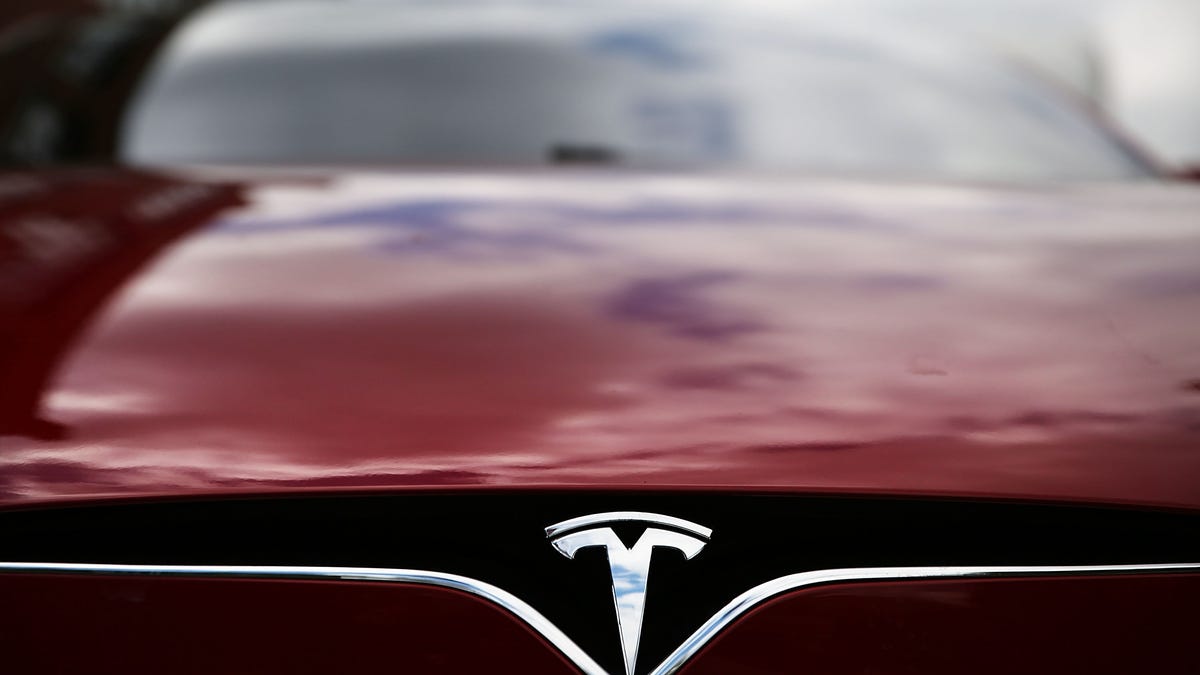For the first time in more than a year, Tesla has released new data presenting how its controversial Autopilot driver assistance technology keeps its customers safe.
The Austin, Texas-based electric vehicle maker said that it recorded one crash for every 7.63 million miles driven by U.S. consumers that enabled Autopilot, which includes cruise control and software that helps drivers keep their car within their lane. Tesla also reported one crash for every 955,000 miles driven by its customers who did not enable the driver assistance technology.
In a statement posted on its website, Tesla compares its data to overall data collected by U.S. auto safety regulators, which, in 2022, found one crash for every 670,000 miles driven on U.S. roads. In other words, Tesla claims vehicles equipped with Autopilot are more than 11 times safer than other cars not equipped with the software.
But that’s not the full story.
As Electrek points out, Autopilot is primarily used on U.S. highways, while the National Highway Transportation Safety Administration’s (NHTSA) data considers accidents on all roads. Accidents are more common on city roads and undivided roads. NHTSA data also accounts for incidents including all vehicles, including trucks, buses, and older car models. It’s not a clean comparison.
Tesla and vehicle safety
Tesla began releasing its vehicle safety report in 2018 to establish a baseline for Autopilot’s safety, comparing the miles between accidents in its vehicles based on Autopilot usage (or lack thereof) to the industry’s average. Tesla stopped reporting the data after the last quarter of 2022 without explanation — until this week, when it released the first quarter 2024 report.
The vehicle safety reports have allowed Tesla to consistently tout the success of its Autopilot technology, even as it began facing a barrage of lawsuits and federal inquiries.
In 2016, multiple people would die in incidents related to Autopilot, including Joshua Brown of Canton, Ohio. The Tesla enthusiast was killed in Florida after his Model S crashed into a truck, which U.S. auto safety regulators later determined was caused by an over-reliance on Autopilot. The crash was the first Autopilot-related death in the U.S. and would lead to updates to the software.
Several crashes would occur in the future, some of which led to lawsuits. Last October, Tesla won its first U.S. jury trial over a fatal Autopilot crash. Yet the company still faces at least a dozen more cases in the U.S. Last month, Tesla settled a lawsuit over the death of an Apple engineer whose Model X crashed into a barrier on a California highway while Autopilot was engaged.
Autopilot has been linked to more than 200 crashes and 29 deaths, according to the NHTSA. The agency has opened more than 50 special crash investigations into Tesla vehicles thought to be linked to Autopilot.
Even as the NHTSA closed a years-long inquiry into the technology last month, it opened another.
The regulator is probing the company’s recall of more than 2 million electric vehicles — which make up nearly all of Tesla’s vehicles on the road in the U.S. — in December. The NHTSA said it had identified concerns with the Autopilot software fix issued to those vehicles. Tesla has been given a July 1 deadline to respond to questions posed by the NHTSA regarding the recall.
Tesla’s also faced charges around misleading communications.
The company has been accused of false advertising by California’s Department of Motor Vehicles and investigated by the state attorney general’s office over its marketing practices related to Tesla’s driver assistance software. The U.S. Department of Justice is also investigating whether CEO Elon Musk and Tesla’s comments about the technology could constitute as securities fraud or wire fraud.
This article originally appeared on Quartz.

